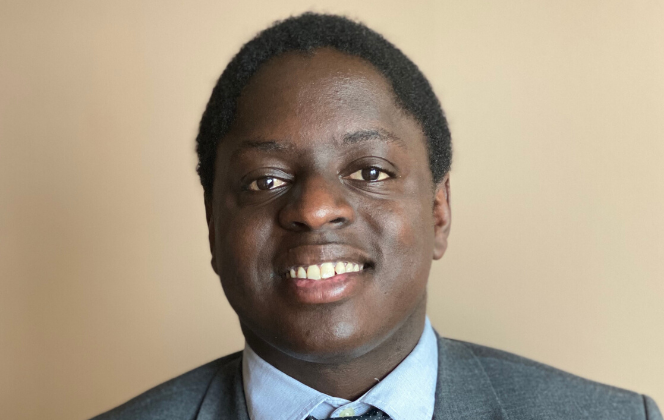On May 30, Bonifacio Eugenio Romero, a 31-year-old migrant worker working near Windsor, Ontario, died of COVID-19. He was one of the youngest in the region to die of COVID-19, and had no pre-existing health conditions.
Some have claimed the pandemic to be the “great equalizer;” however, due to the ways in which the labour market is structured, COVID-19 hits marginalized communities, particularly racialized communities, hard. This is particularly true of migrant agricultural workers, the vast majority of whom come from the Global South.
In response, a group of researchers and infection control and occupational health and safety experts have established the Migrant Worker Health Expert Working Group to bring attention to the unsafe working conditions of the more than 50,000 temporary migrant workers who ensure that Canadians have food on the table every year. The group provides evidence-based guidance to federal and provincial government agencies to ensure the health and safety of migrant agricultural workers is taken seriously.

Leah Vosko, Canada Research Chair in Gender & Work and professor of political science at York University, has brought her expertise in temporary labour migration and labour standards enforcement to the working group.
“We need action now,” said Vosko. “This means inspections of farms that engage migrant workers to ensure adherence to occupational health and safety requirements and provincial and territorial labour standards.” Vosko recommends in-person and unannounced inspections on farms, without supervisor/employer involvement; live and ongoing translation and accompaniment for workers who become sick; and, larger changes to temporary migrant programs to make it easier for workers to refuse unsafe work and safeguard their health and livelihood.
Before COVID-19 hit, migrant agricultural workers were among the most precarious of Canada’s workers. Vosko’s recent book, Disrupting Deportability (Cornell University Press, 2020), demonstrates how termination without cause, blacklisting and attrition are used to destabilize the efforts of Mexican participants in the Seasonal Worker Agricultural Program to unionize and advocate for better working conditions (despite the legal right to do so).
The constant threat of removal or deportation, as well as the dependence they and their families have on income from their labour, means that migrant agricultural workers have been fearful of making complaints about working conditions. In Ontario, the employment standards enforcement system is largely complaint-based (i.e., workers must lodge complaints), which does not serve vulnerable workers, particularly migrant workers, well.
In their collaborative research on employment standards enforcement, Vosko, Eric Tucker of Osgoode Law School, and Rebecca Casey of Acadia University have demonstrated in that agricultural workers are exempt from many entitlements under the Employment Standards Act. Even when they are covered, fear of reprisal from employers likely prevents them from complaining, as the rate of complaints from agricultural workers is very low and their complaints are denied more often than employees in other industries. Relying on a complaint-based system, therefore, is not effective; a more proactive system of inspections must be instituted to shift the balance of power away from employers.
Closing the Employment Standards Enforcement Gap – a collaborative research project based at York – argues these issues exist for all workers in Ontario, but they are particularly problematic for migrant workers who are tied to one employer and have precarious residency status.
The Migrant Worker Health Expert Working Group has launched a new website, migrantworker.ca, to support and share information and recommendations about migrant agricultural workers’ health during the COVID-19 pandemic. Building on two decades of research, the site features vital information for workers in English and Spanish and detailed policy recommendations related to COVID-19.





















